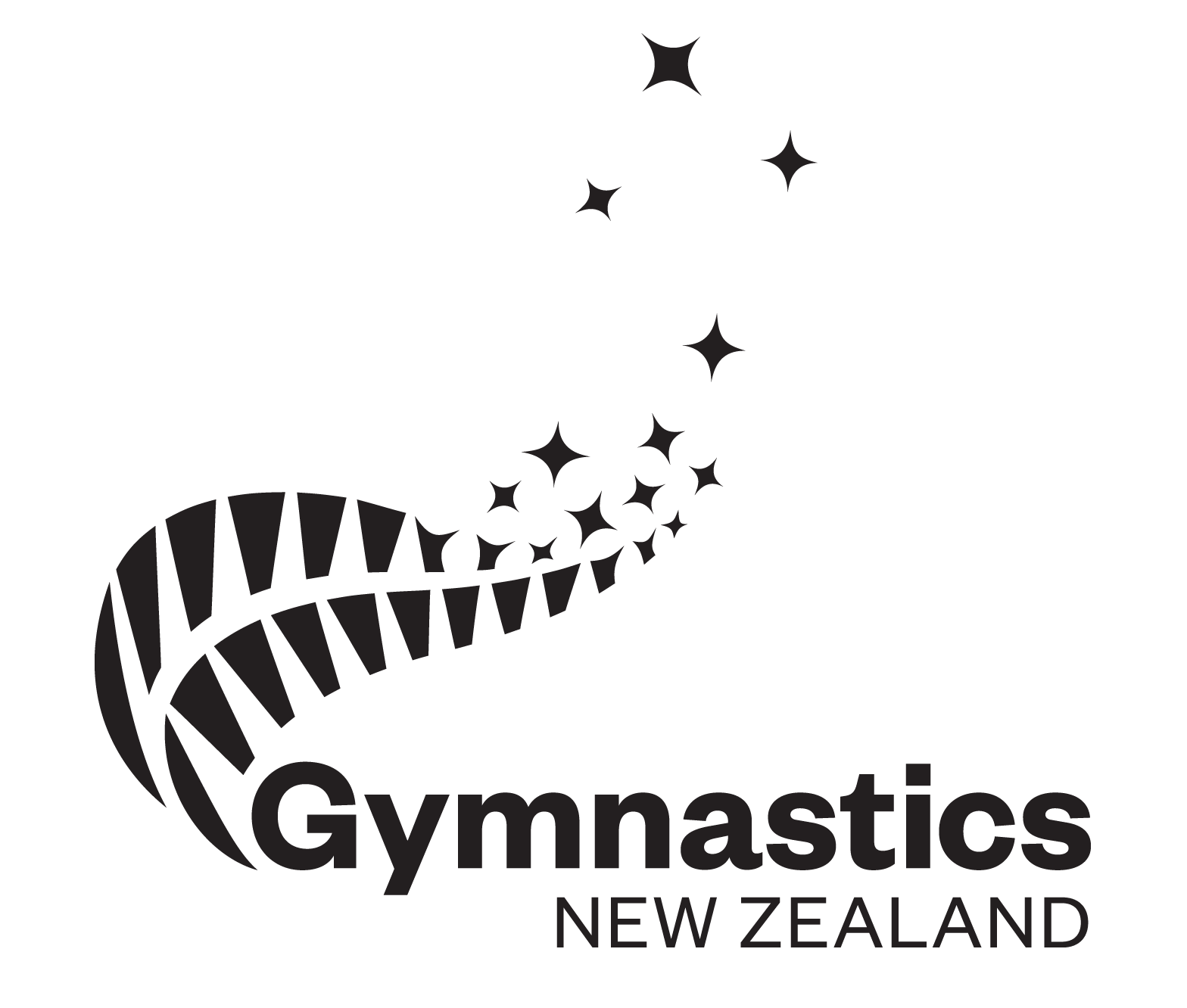Gymnastics New Zealand (Gymnastics NZ) is committed to the advancement of clean sport that rejects cheating through the use of performance enhancing drugs and methods.
Gymnastics NZ is in partnership with Drug Free Sport New Zealand (DFSNZ) to:
- Promote a culture of clean sport
- Deliver anti-doping education
- Organise and implement testing programmes
- Report doping and suspicious activity
- Support athletes to compete drug free
For full information about anti-doping, visit the DFSNZ website.
The Prohibited List
The Prohibited List is published by the World Anti-Doping Agency (WADA) every year and details all substances and methods which are prohibited or banned in sport. A substance or method may be included on the list if it meets any two of the following criteria:
- It has the potential to enhance sporting performance
- It presents an actual or potential health risk to the athlete
- It violates the spirit of sport
DFSNZ promotes the updated Prohibited List to New Zealand national sports organisations and athletes each year.
The Anti-Doping Rules
All members of Gymnastics NZ are required to abide by New Zealand’s Sports Anti-Doping Rules. These rules reflect the World Anti-Doping Agency’s (WADA) World Anti-Doping Code.
In summary, the ten rule violations are:
- The presence of a prohibited substance or its metabolites or markers in an athlete’s sample
- The use or attempted use by an athlete of a prohibited substance or method
- Evading testing or refusing to provide a sample for drug testing
- Failing to provide accurate and up-to-date whereabouts information or missing a test
- Tampering or attempting to tamper with any part of the doping control process
- Possessing prohibited substances or methods
- Trafficking or attempting to traffic any prohibited substance or method
- Administering or attempting to administer a prohibited substance or method to an athlete
- Covering up an anti-doping rule violation
- An athlete associating with someone, such as a coach or medical professional, who has been found guilty of an anti-doping rule violation or equivalent
Medications
Many medications contain substances which are prohibited in sport. Any athlete who is sick or injured needs to carefully consider the medications they take to ensure they avoid prohibited substances.
To check whether a medication is permitted in sport, please visit the Medication Check page on the DFSNZ website or request a copy of DFSNZ’s wallet guide on the status of common medications.
Athletes can apply for a Therapeutic Use Exemption (TUE) if they need to take medication which is prohibited in sport. If athletes compete at a top level, they may need to apply for a TUE before they take medication which contains a prohibited substance. Visit the TUE page on the DFSNZ website for more information.
Supplements
Many dietary or sports supplements are marketed as helping to improve performance, recovery, weight loss or muscle development, and, supplements can contain substances which are prohibited in sport and may not accurately label ingredients. Athletes should carefully assess their need for supplements and carefully research the supplements they choose to take.
Lodging a supplement query with DFSNZ can provide some assessment of the level of risk associated with supplements and may be able to identify products which are known to be a problem.
The Athlete Whereabouts programme
Anti-doping organisations, including DFSNZ, conduct drug tests on athletes out-of-competition with no advanced warning. The Athlete Whereabouts Programme allows DFSNZ to locate athletes for testing.
Testing
Drug testing is one of the best ways to identify athletes who are doping and to protect athletes who are clean competitors. Athletes can be tested during an event (in-competition) or at any other time (out-of-competition) and will be asked to provide a urine sample, a blood sample or both. The testing process and sample collection for doping control will be carried out by a trained and accredited DFSNZ official.
I need help!
Please contact DFSNZ on 0800 DRUGFREE (378 437)
